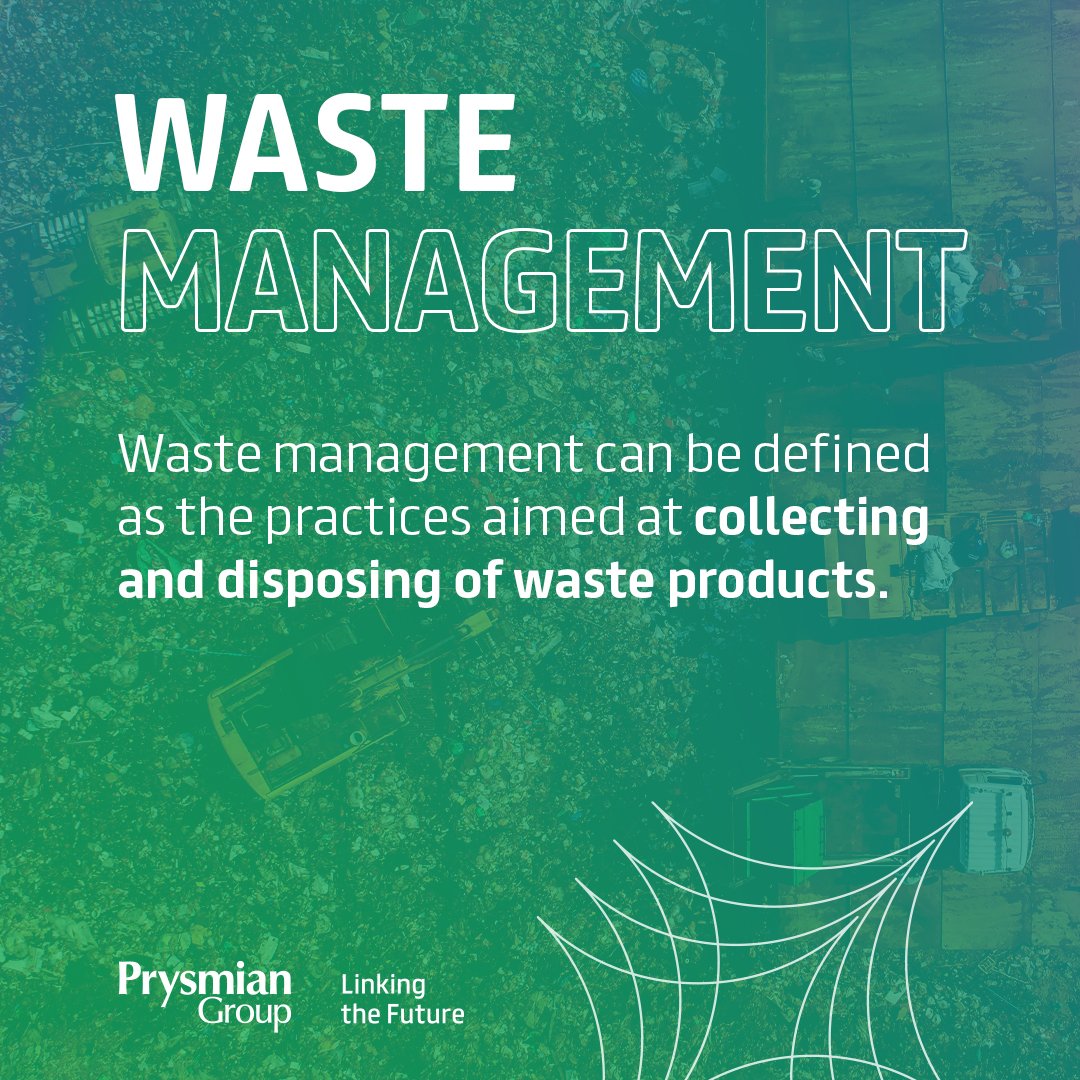9 Easy Facts About Reclaim Waste Explained
9 Easy Facts About Reclaim Waste Explained
Blog Article
4 Simple Techniques For Reclaim Waste
Table of ContentsLittle Known Facts About Reclaim Waste.More About Reclaim WasteWhat Does Reclaim Waste Mean?The Main Principles Of Reclaim Waste Not known Facts About Reclaim Waste
Domestic sewer waste refers to the waste and items from a domestic septic tank. The correct management and disposal of residential sewage waste require liquid waste to be moved to a sewage treatment plant where the correct approaches and equipment are used to detoxify and dispose of waste.
Industrial waste typically consists of possible dangers, such as combustible materials or a mixture of liquid and strong waste items, and needs an advanced and thorough disposal process. The disposal of business waste commonly involves the filtering of waste prior to transportation to make sure risk-free and correct disposal. Industrial waste is created from by-products and overflow of commercial procedures and production.
This type of waste can not use the very same sewage management transport or procedures as septic or commercial fluids. The commercial waste monitoring process calls for the evaluation and screening of liquid waste prior to it goes through the disposal procedure (liquid waste disposal). Drainage waste is the liquid waste that comes from drainage and excess stormwater in highly inhabited areas or cities
Runoff waste can cause contamination and flooding if not dealt with properly. Discover more regarding drain cleansing and waste monitoring. Making sure appropriate waste monitoring can avoid disasters and lower environmental harm. Both individuals in domestic settings and professionals in business or production sectors can take advantage of understanding the processes and laws of liquid waste administration.
The smart Trick of Reclaim Waste That Nobody is Discussing
Get in touch with PROS Services today to discover our waste administration and disposal services and the proper means to care for the fluid waste you create.
(https://fliphtml5.com/homepage/kekhp)Do you understand what occurs to your water when you draw the plug, flush the toilet or drain the cleaning device? No? Well, it deserves understanding. This so-called 'wastewater' is not just a vital source however, after treatment, will be launched to our land, waterways or the sea. Utilized water from bathrooms, showers, bathrooms, kitchen area sinks, laundries and commercial processes is referred to as wastewater.

water made use of to cool machinery or tidy plant and equipment). Stormwater, a type of wastewater, is drainage that streams from farming and urban locations such as roofs, parks, gardens, roadways, courses and gutters right into stormwater drains pipes, after rain. Stormwater flows without treatment directly to regional creeks or rivers, eventually reaching the ocean.
The Ultimate Guide To Reclaim Waste
In Queensland, a lot of wastewater is dealt with at sewer therapy plants. Wastewater is transferred from residential or industrial websites with a system of drains and pump terminals, recognized as sewerage reticulation, to a sewage treatment plant.
The Division of Natural Resources recommends city governments concerning managing, operating and preserving sewerage systems and therapy plants. In unsewered locations, regional governments may require owners to set up individual or home sewage treatment systems to treat residential wastewater from bathrooms, kitchen areas, washrooms and laundries. The Department of Natural Resources authorises using home systems when they are proven to be reliable.
In some new subdivisions, therapy of some stormwater to get rid of trash, sand and crushed rock has actually started using gross toxin traps. Wastewater therapy takes place in four phases: Gets rid of solid issue.
Uses tiny living organisms understands as micro-organisms to damage down and get rid of remaining dissolved wastes and great fragments. Micro-organisms and wastes are included in the sludge.
The Facts About Reclaim Waste Uncovered
Nutrient elimination is not available at all sewage treatment plants due to the fact that it needs costly specialist devices. Clear fluid effluent produced after therapy might still include disease-causing micro-organisms - industrial wastewater treatment.

A lot of wastewater flows right into the sewerage system. Under the Act, local federal see this governments administer authorizations and licences for environmentally pertinent activities (Periods) involving wastewater releases that might have a neighborhood effect.
3 Easy Facts About Reclaim Waste Explained
Surveillance gives valid information regarding water high quality and can verify that licence problems are being fulfilled. The details gotten with tracking supplies the basis for making water high quality choices.
Report this page